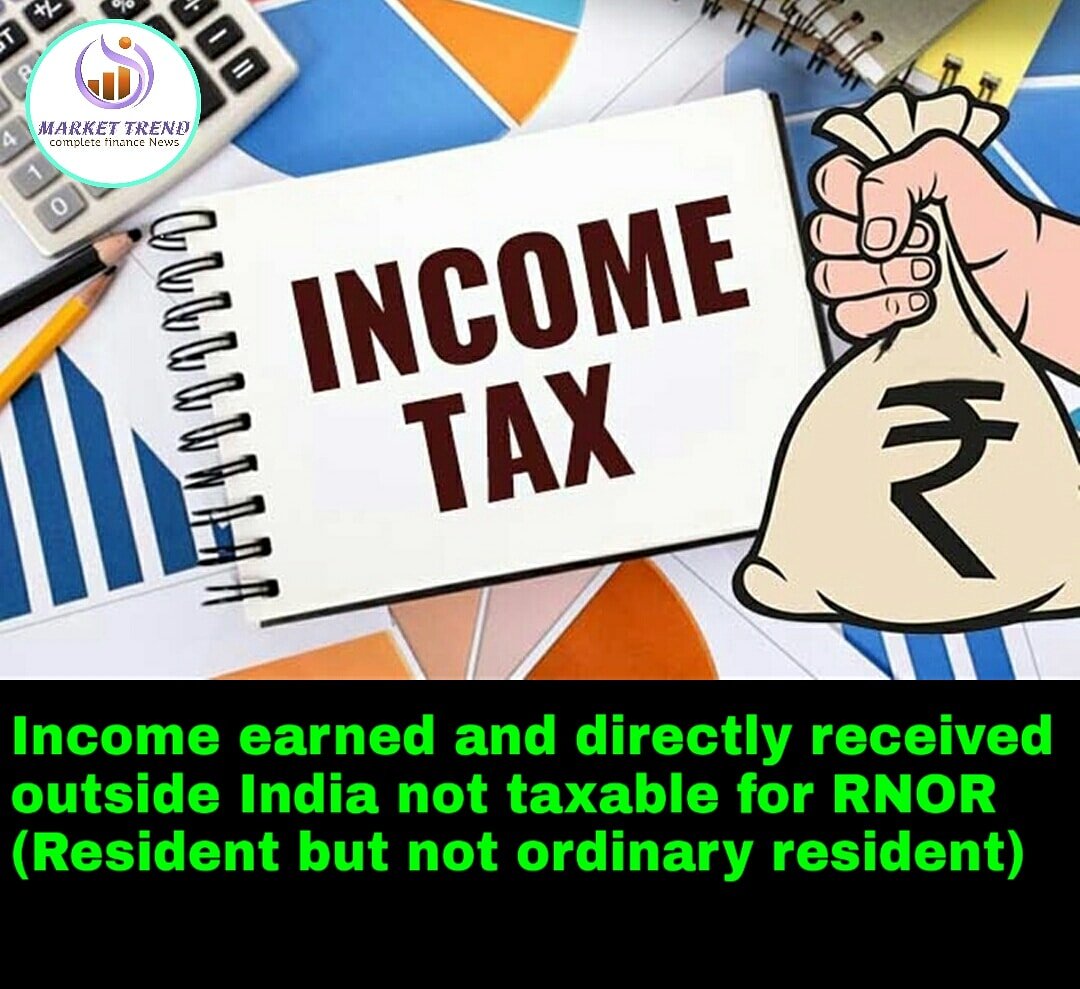Effective financial year (FY) 2020-21, two new conditions have been added to determine residential status in India. The new conditions impact the residential status in India for an individual who is an Indian citizen or a person of Indian origin (PIO). Here, PIO means when an individual, or either of his or her parents, or any of his or her grandparents, was born in undivided India.
New condition 1: An Indian citizen may qualify as an RNOR in India if he is not liable to tax in any other country or territory by reason of his domicile or residence or any other similar criteria; and his India-sourced income is above ₹15 lakh. This condition is applicable irrespective of the number of days of physical presence in India during the relevant FY.
New condition 2: An Indian citizen or a PIO may qualify as RNOR in India if his physical presence is 120 days or more but less than 182 days in India in the relevant FY; his physical presence is 365 days or more in the preceding four FYs; and his India-sourced income is above ₹15 lakh.
To determine the threshold of ₹15 lakh under the new conditions, all exemptions and deductions can generally be considered. However, there is no clarity at present on whether or not some exemptions or deductions, which are linked to the residential status of the individual when computing the limit of ₹15 lakh can be considered
Interest income from NRE account is exempt from tax in India if the individual qualifies as a “person resident outside India” under the exchange control law or is a person who has been permitted by the Reserve Bank of India (RBI) to maintain the NRE account. The rules for determining residential status under the exchange control law are different from income tax law. Under the exchange control law, when a person leaves India for the purpose of employment or for carrying on business or for any other purpose indicating his intention to stay outside India for an uncertain period, he may be considered as a “person resident outside India”. Further, when a person returns to India permanently, he may be considered as a “person resident in India” but if he is permitted to maintain the NRE account till its maturity by RBI, the interest on NRE account will be tax-exempt.






